Introduction
Understanding health concerns for Shiba Inu is key to their well-being.
- However, they can face certain health concerns that owners should be aware of
- Early detection and preventive measures can make a significant difference
- Regular vet check-ups are essential to maintain their overall well-being
- This guide highlights the top 10 health concerns for Shiba Inus and how to prevent them
- Understanding these concerns will help ensure your Shiba Inu stays happy and healthy
1. Hip Dysplasia
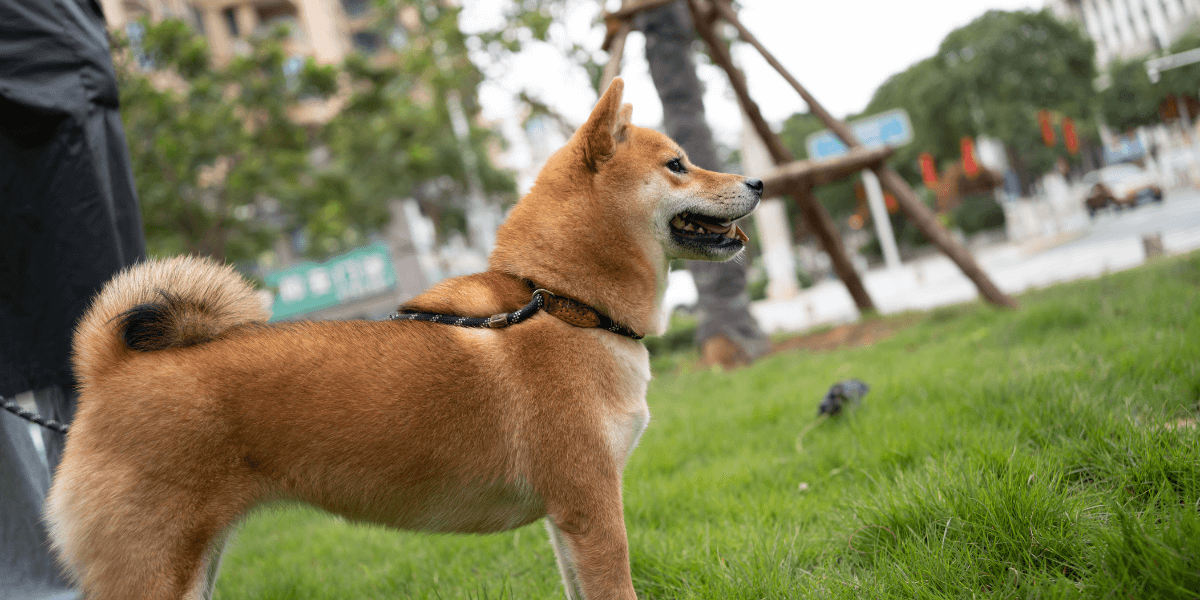
Hip dysplasia is a common concern for many dog breeds, including Shiba Inus.
- Definition: A genetic condition causing abnormal hip joint development
- Symptoms: Limping, stiffness, difficulty getting up or down
- Diagnosis: X-rays are needed for an accurate diagnosis
- Prevention: Keep your Shiba Inu at a healthy weight to reduce stress on the hips
- Treatment: Medications, supplements, and surgery are potential treatments
- Care: Regular gentle exercise helps maintain muscle strength
- Check-Ups: Regular vet visits are crucial for monitoring hip health
- Awareness: Early signs should be reported to your vet promptly
2. Patellar Luxation
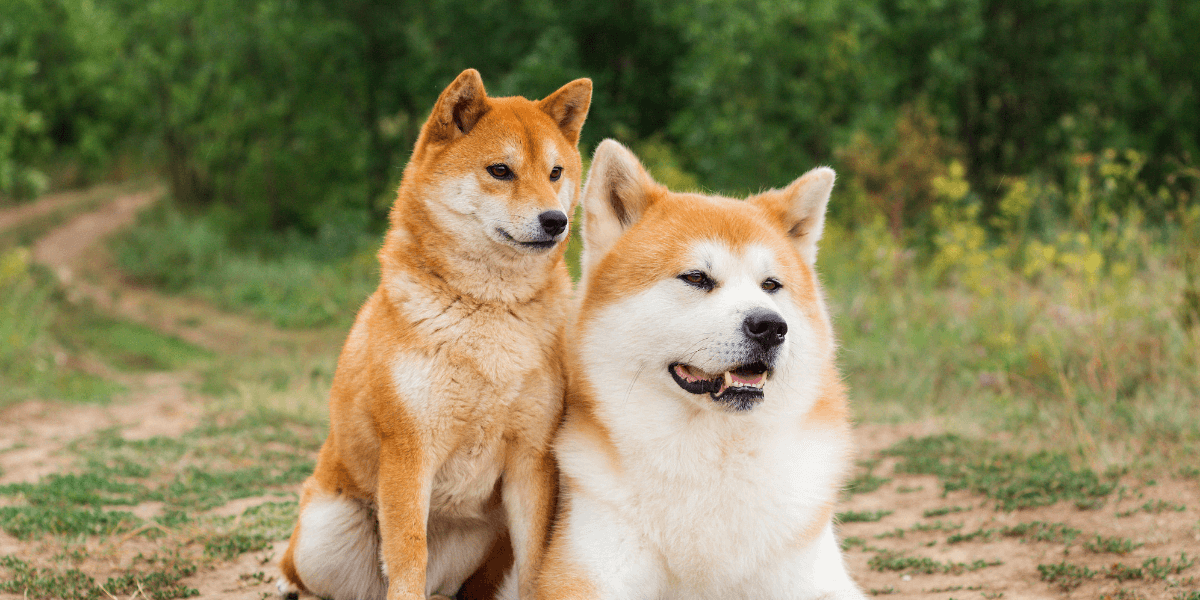
Shiba Inus can be prone to patellar luxation, where the kneecap dislocates.
- Symptoms: Skipping steps, limping, or difficulty running
- Causes: Genetic factors, injury, or malnutrition can cause this condition
- Diagnosis: A physical examination by a vet can identify patellar luxation
- Prevention: Ensure your dog has a balanced diet and regular exercise
- Treatment: Options include physical therapy, medication, or surgery
- Monitoring: Keep an eye out for any signs of discomfort or limping
- Recovery: Provide a calm environment for your dog to recover post-treatment
- Long-Term Care: Regular vet check-ups and exercise adjustments are key
3. Allergies
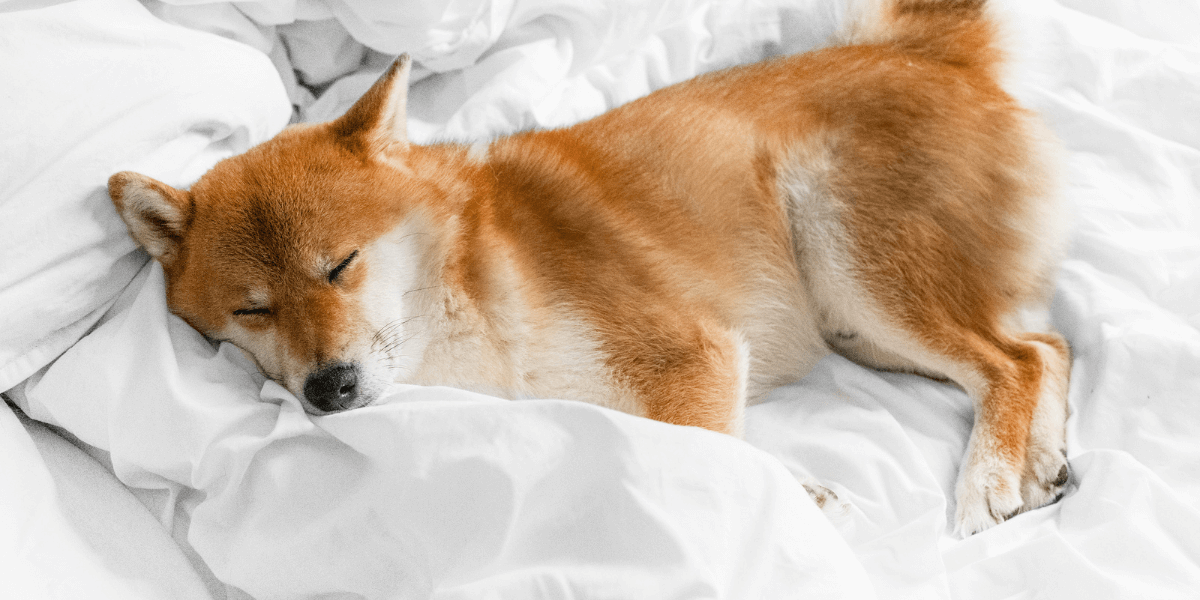
Allergies can cause significant discomfort for Shiba Inus if not managed.
- Types: Common allergens include pollen, dust, certain foods, and fleas
- Symptoms: Itching, redness, sneezing, or digestive issues
- Diagnosis: A vet can perform allergy tests to identify specific triggers
- Prevention: Minimize exposure to known allergens and maintain hygiene
- Treatment: Antihistamines or special diets may be prescribed by a vet
- Care: Regular grooming and cleaning help reduce allergen exposure
- Check-Ups: Schedule regular vet visits to monitor and manage allergies
- Awareness: Be vigilant for any signs of allergic reactions
4. Glaucoma
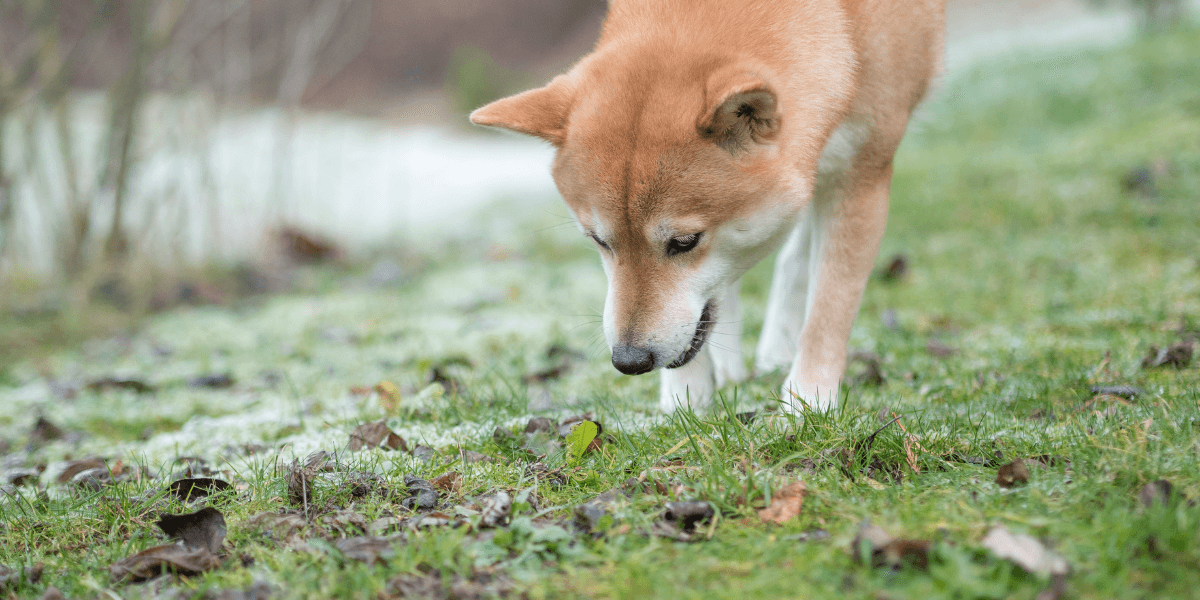
Glaucoma, an eye condition, can lead to blindness if left untreated.
- Definition: Increased pressure within the eye causing damage to the optic nerve
- Symptoms: Redness, cloudiness, or excessive tearing in the eyes
- Diagnosis: Regular eye examinations can detect early signs of glaucoma
- Prevention: Genetic screening and monitoring for early symptoms
- Treatment: Medications or surgery may be needed depending on the severity
- Monitoring: Watch for any changes in your dog's vision or eye appearance
- Care: Administer prescribed medications consistently
- Awareness: Promptly report any abnormal eye behaviors to your vet
Learn about glaucoma in Shiba Inus and compare it to common Great Dane health issues every owner should know.
5. Hypothyroidism
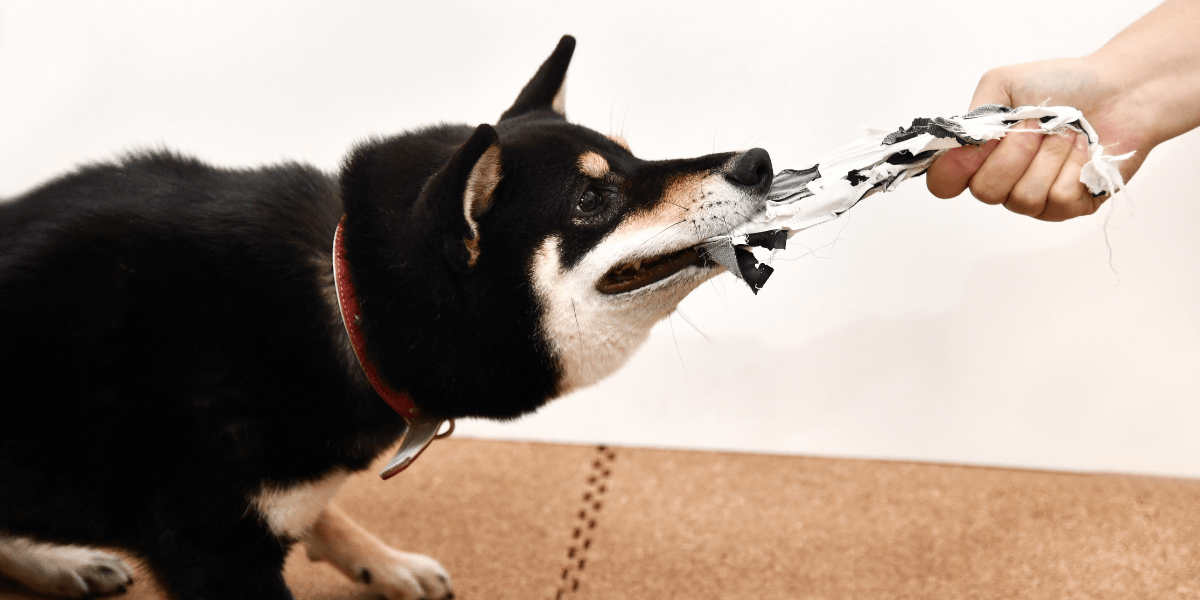
Hypothyroidism affects the thyroid gland, causing various health issues.
- Symptoms: Weight gain, lethargy, and a dull coat are common signs
- Diagnosis: Blood tests are required to confirm hypothyroidism
- Prevention: There is no specific prevention; regular check-ups are key
- Treatment: Daily medication to manage thyroid hormone levels
- Care: Maintain a balanced diet to support overall health
- Monitoring: Regular blood tests are needed to adjust medication dosage
- Awareness: Look for signs like weight changes or reduced activity levels
- Long-Term Care: Consistent treatment can help maintain a normal life
6. Dental Disease
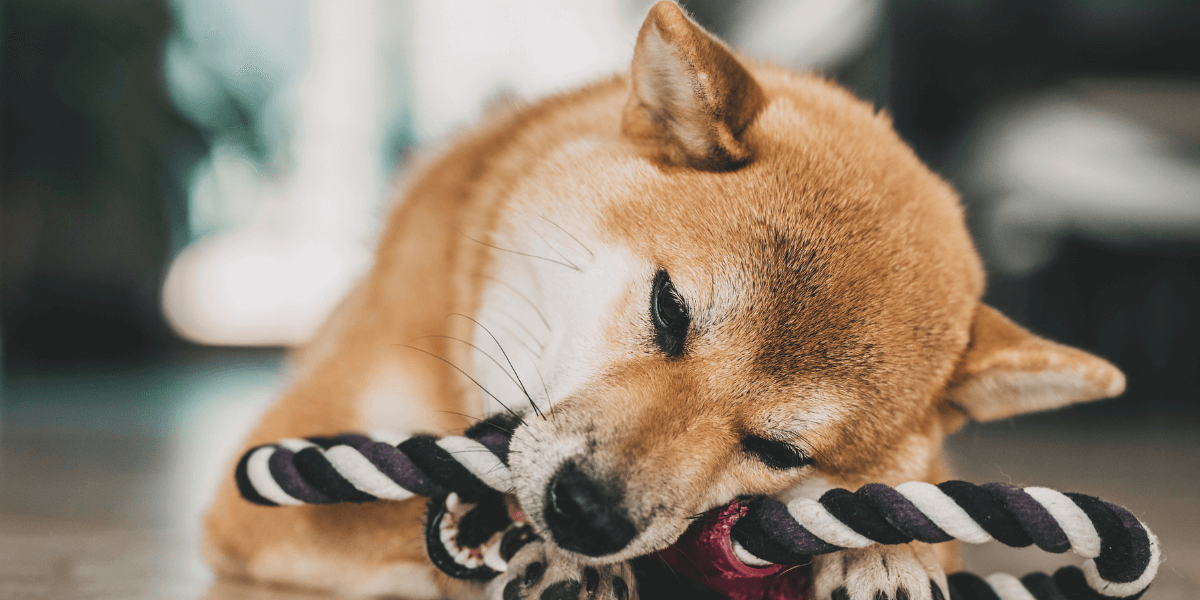
Shiba Inus are susceptible to dental issues, including gum disease and tooth decay.
- Causes: Plaque buildup, poor oral hygiene, or genetics
- Symptoms: Bad breath, difficulty eating, or swollen gums
- Prevention: Brush your dog's teeth regularly and provide dental chews
- Treatment: Professional dental cleanings may be required
- Monitoring: Check your dog’s mouth regularly for signs of dental problems
- Care: Offer a balanced diet to support dental health
- Awareness: Early treatment prevents severe dental diseases
- Regular Vet Visits: Routine dental check-ups can identify issues early
Explore dental disease in Shiba Inus and discover dietary tips from a vet's guide for German Shepherds.
7. Epilepsy
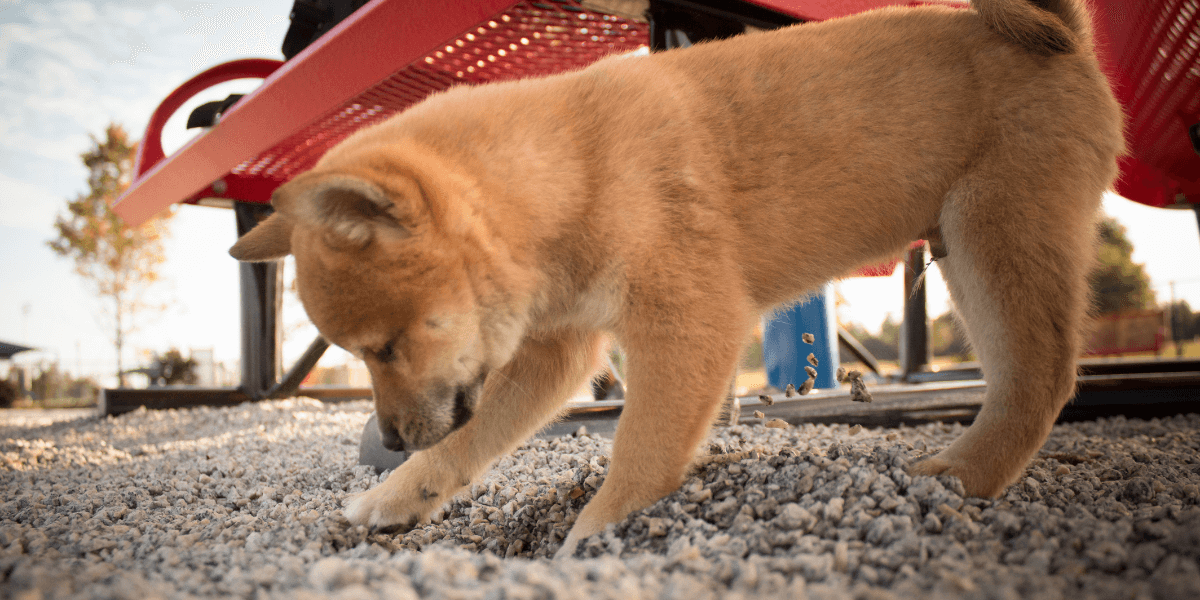
Epilepsy in Shiba Inus can cause seizures and requires ongoing management.
- Definition: A neurological disorder that leads to repeated seizures
- Symptoms: Convulsions, drooling, or loss of consciousness
- Diagnosis: Blood tests and neurological exams can help diagnose epilepsy
- Treatment: Anti-seizure medications prescribed by a vet
- Prevention: There is no prevention, but managing triggers can help
- Care: Provide a safe space for your dog during a seizure
- Monitoring: Keep a log of seizure frequency and duration
- Awareness: Immediate vet care is crucial after severe seizures
8. Glomerulonephritis
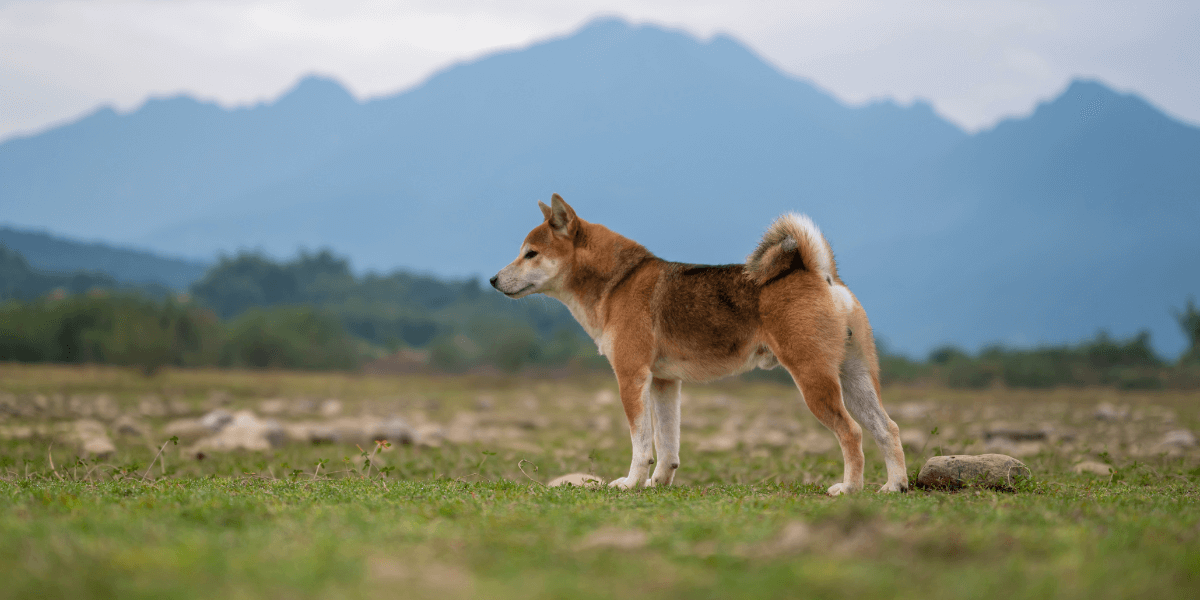
This kidney condition can affect Shiba Inus and requires medical attention.
- Definition: Inflammation of the kidney's filtering units
- Symptoms: Increased thirst, urination, and loss of appetite
- Diagnosis: Urinalysis and blood tests can detect kidney problems
- Treatment: Medications and a specialized diet may be needed
- Prevention: Regular vet check-ups and a balanced diet support kidney health
- Monitoring: Keep an eye on your dog's drinking and urination habits
- Care: Ensure access to fresh water at all times
- Awareness: Prompt action on symptoms can improve outcomes
Understand glomerulonephritis in Shiba Inus and learn about common Bernese Mountain Dog health issues.
9. Cancer

Shiba Inus can develop different types of cancers, especially as they age.
- Types: Common types include mast cell tumors and lymphoma
- Symptoms: Lumps, weight loss, and changes in appetite or behavior
- Diagnosis: Biopsy or imaging tests help identify the type of cancer
- Treatment: Surgery, chemotherapy, or radiation therapy, depending on the case
- Prevention: Regular vet visits and screenings for early detection
- Care: Maintain a supportive and comfortable environment
- Awareness: Early detection increases treatment success
- Monitoring: Keep an eye on any abnormal growths or changes
10. Strong-Willed Personality
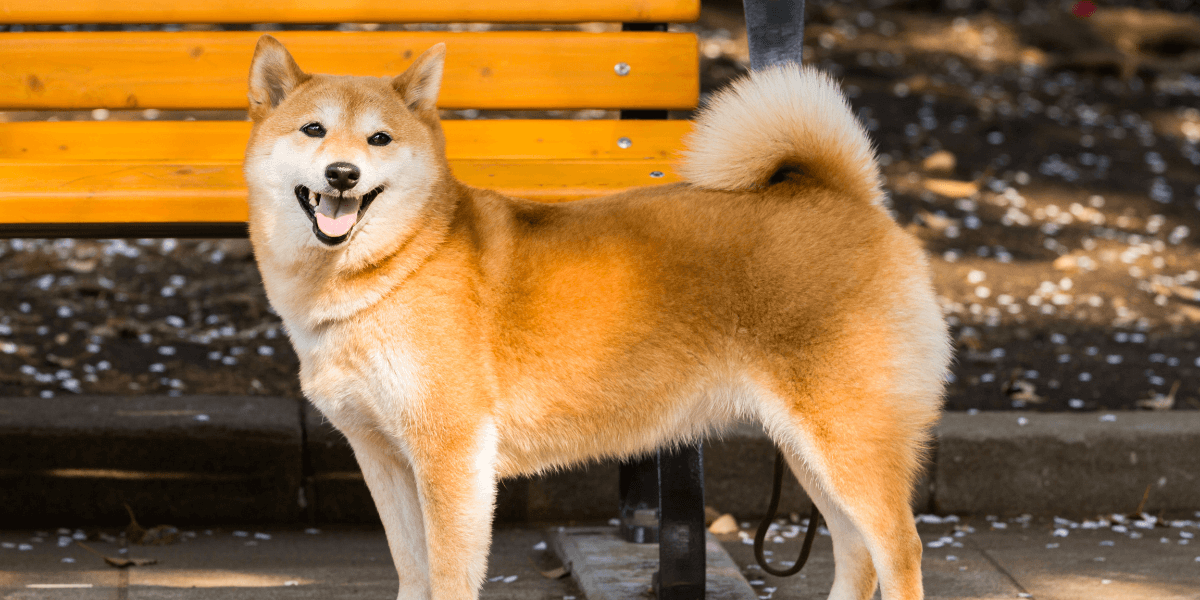
Understanding Chesapeake Bay Retriever Temperament helps in managing Shiba Inu’s strong-willed nature.
- Characteristics: Shiba Inus are known for their independent and strong-willed personality
- Training: Consistent and positive reinforcement methods work best
- Socialization: Early socialization can help manage their strong-willed nature
- Care: Patience and understanding are key to handling this breed
- Awareness: Be prepared for occasional stubborn behavior
- Preventing Problems: Proper training can prevent behavioral issues
- Monitoring: Keep training sessions short and engaging
- Long-Term: A strong bond with your Shiba Inu encourages obedience
FAQs
1. What are common health issues for Shiba Inu?
- Hip dysplasia, patellar luxation, allergies, and more
2. How can I prevent health issues in my Shiba Inu?
- Regular vet visits, balanced diet, and exercise
3. What are the signs of allergies in Shiba Inus?
- Itching, redness, sneezing, and digestive issues
4. How can I manage my Shiba Inu’s strong-willed personality?
- Consistent training and positive reinforcement
5. Is dental care important for Shiba Inus?
- Yes, regular brushing and vet check-ups are crucial
6. How often should I take my Shiba Inu to the vet?
- At least once a year for a check-up, more often if needed
7. What diet is best for a Shiba Inu?
- A balanced diet with high-quality protein, fats, and fiber
Conclusion
- Addressing health concerns for Shiba Inu is vital for their happiness
- Regular vet visits and preventive care are essential
- Keep your Shiba Inu at a healthy weight and active
- Provide a balanced diet to maintain overall health
- Watch for early signs of health problems and act quickly
- Your Shiba Inu deserves a long, happy, and healthy life




